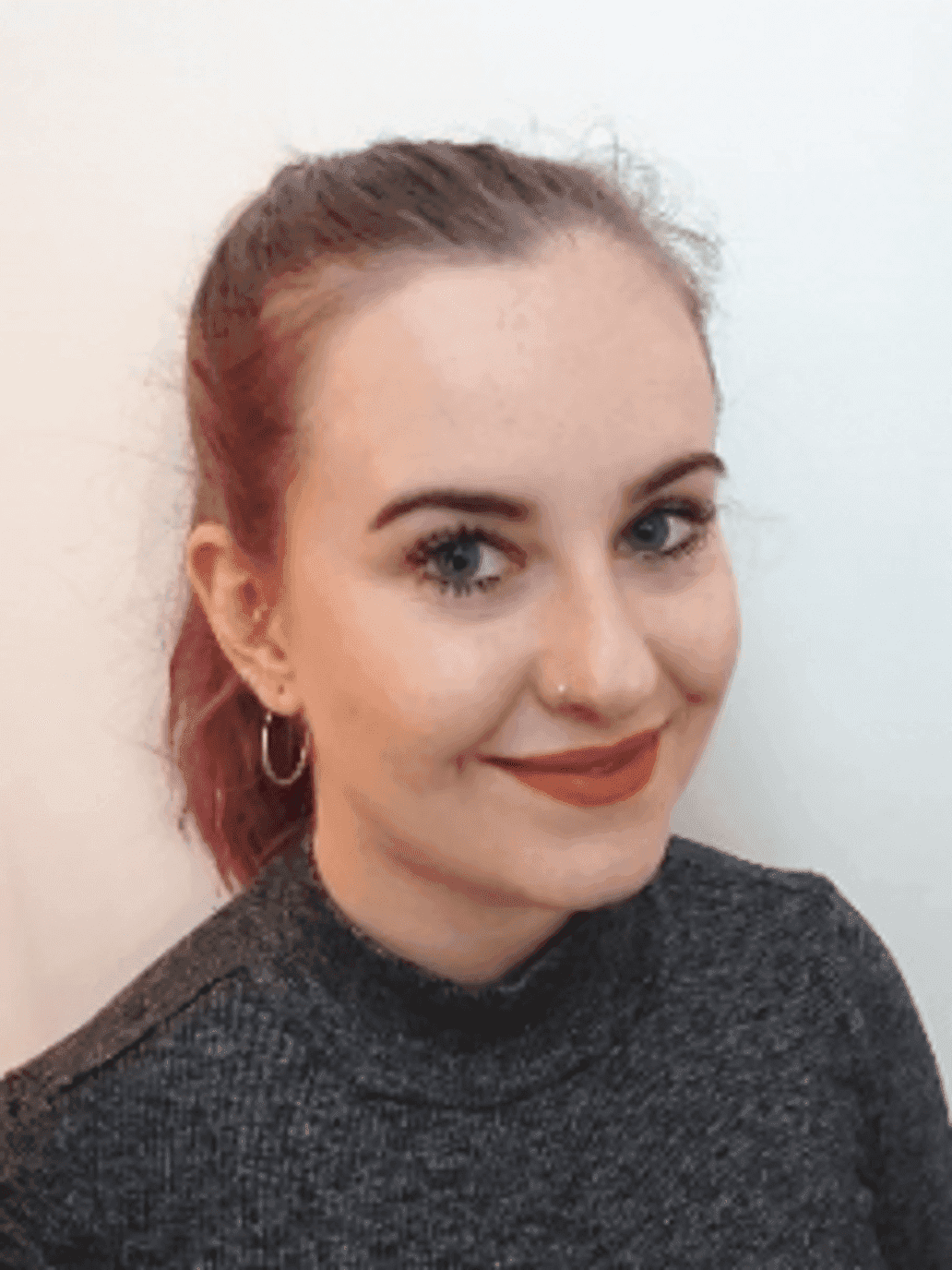May 2019 Blog - Challenging Racism and Discrimination in Education Policy
My favourite memories of running the education advocacy project at Traveller Movement are of time spent out-and-about with families, doing home visits and attending school meetings.
14 May 2019
By Abi Angus – former education and advocacy officer with the Traveller Movement
My favourite memories of running the education advocacy project at Traveller Movement are of time spent out-and-about with families, doing home visits and attending school meetings. One of my all-time favourite days on the project was a visit that included lunch in a family’s home, spending time discussing their case and then exploring the local countryside with children who lived on the site. Working alongside families who were so happy to share parts of their life (and food!) with me was such a privilege and made a job – that I already loved – even better.
The education project began as a part-time university placement, providing support, advice and representation to families around any issues linked to education. Although I hadn’t worked with GTR communities before, I was keen to work on a project that helped young people access the support they needed in order to stay in school and access high-quality education. We designed a project to fill the gaps left by cuts to Traveller Education Services, which we primarily expected to support families in challenging the high number of school exclusions given to GTR pupils.
However, as word started to spread about the service we were running, families started to get in touch for a huge range of different reasons. Education statistics show that GTR children are more likely to be excluded from school than other pupils are, and that they are less likely to achieve good results at GCSE. However, they do not show the many barriers families face in trying to find a school that will support and understand their children. I believe that when done well, education gives young people the opportunity to be part of a community and to gain skills and qualifications that allow choices in the future. This wasn’t happening for the families who were getting in touch to ask for support.
At the root of most cases was discrimination – whether it was a child excluded for lashing out after the school failed to tackle racist bullying, a parent concerned about their child attending a school where they would be the only student from a GTR background or a family treated in stereotypical ways by teachers who sometimes had shockingly low expectations.
Alongside casework, we looked at how we could tackle underlying racist attitudes in schools. We designed training for teachers, which aimed to dispel misconceptions held about GTR communities while supporting schools to be both aware, and welcoming, of GTR cultures. I remember talking to a teacher about school absences; they had not understood why a family was planning to take a full week away from school for a funeral and hadn’t had a conversation with the parents about why this long was required. By supporting the family to share some of their culture with the school and talk about how the lives of loved ones are traditionally celebrated, the school gained a better understanding of their families and conflict was avoided.
When teachers started to see how important this was, relationships between families and schools improved and students had more positive educational experiences. Unfortunately, schools are under huge pressure to meet the demands of accountability measures that focus on attainment. This can result in in less priority being given to this kind of training, and can stand in the way of tailoring support to small groups of students.
These days, I can be found training as a researcher with the youth and education think-and-action-tank, LKMco. After years working on the ground with families, I wanted to find a way to use the experiences and stories I’d heard to try and impact on education policy. While the work of education advocates is important, without changes to policy this work is just fighting fires. I wanted to look at the role I could play in making sure these fires don’t start in the first place! Research informed by real people’s lived experiences, that looks to understand the barriers faced by marginalised communities is vital in making sure that policy benefits all groups, not just the majority – I’m so excited to be at LKMco where I can play a part in producing this kind of work!